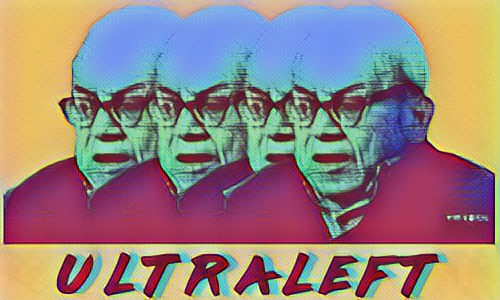Mediacracy versus Situationism
The term "mediacracy" was first coined in 1974 by writer and political commentator Kevin Phillips, who used the term in the title of his book Mediacracy: American Parties and Politics in the Communications Age. Since then, the concept has gained popularity and is used by political scientists to discuss the impact of media on both voting behavior and cultural trends.
The term has seen a resurgence due to the works of economist and author Fabian Tassano. In his book Mediocracy: Inversions and Deceptions in an Egalitarian Culture, Tassano argues that the 'dumbing down’ of popular media when coupled with increasing obscurity in scholarly discourse leads to a society which has the appearance of egalitarianism, but ultimately is a society ruled by elites. Ultimately, the politico-media complex is a name given to the close knit, systematized, symbiotic-like network of relationships between a states political and ruling class and its media industry.
Similarly, Manufacturing Consent: The Political Economy of the Mass Media is a 1988 book by Edward S. Herman and Noam Chomsky. It argues that the mass communication media of the U.S. "are effective and powerful ideological institutions that carry out a system-supportive propagada function, by reliance on market forces, internalized assumptions, and self-censorship and without overt coercion", by means of the propaganda model of communication.
Guy Debord believes that the Media, or as he would call it "the spectacle", is the manifestation of commodity fetishism rampant in today's society. The Society of the Spectacle is a 1967 work of philosophy and Marxist critical theory by Guy Debord, in which the author develops and presents the concept of the Spectacle. The book is considered a seminal text for the Situationist movement.
Debord's aim and proposal is "to wake up the spectator who has been drugged by spectacular images...through radical action in the form of the construction of situations...situations that bring a revolutionary reordering of life, politics, and art.” In the Situationist view, situations are actively created moments characterized by "a sense of self-consciousness of existence within a particular environment or ambience".
The spectacle is a central notion in the Situationist theory, developed by Guy Debord. In the general sense, the spectacle refers to "the autocratic reign of the market economy which had acceded to an irresponsible sovereignty, and the totality of new techniques of government which accompanied this reign." It also exists in its limited sense, where spectacle means the mass media, which are "its most glaring superficial manifestation."
In the society of the spectacle, the commodities rule the workers and the consumers, instead of being ruled by them, are passive subjects that contemplate the reified spectacle.




Comments
Post a Comment